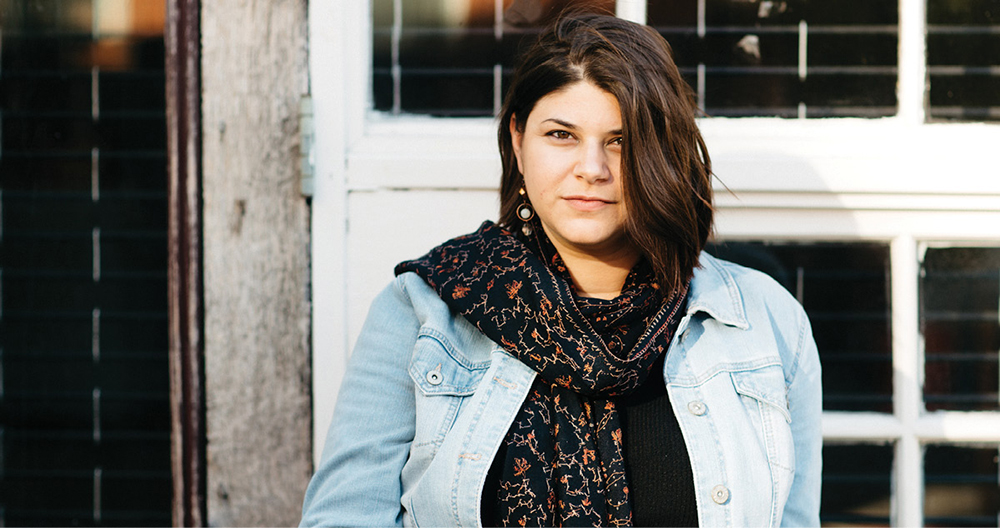
Many of history’s great composers always knew they wanted to write music. Alyssa Weinberg, on the other hand, likes to joke that she’s the accidental composer.
A self-described late bloomer, Weinberg, BMus’10, started out as a French horn player in high school. She intended to pursue French horn at the New York Summer Festival, but she didn’t get placed in her preferred ensemble. Instead, the disappointed teenager found herself in composer David Ludwig’s composition class.
“It turned out to be a great experience,” Weinberg recalls. “I even convinced myself at one point that I had invented a new chord.”
Weinberg may not have created a new harmony, but she was well on her way to discovering a new path. While studying French horn in Leslie Norton’s studio at Vanderbilt Blair School of Music, Weinberg convinced her teacher to perform one of her original pieces. That work for French horn and piano, which Weinberg now refers to as her Opus 4, recently was recorded for an album of works by faculty and alumni of Blair called Vanderbilt Virtuosi, released in February.
“Blair is one of the few music conservatories in the country that really focuses on its undergraduates,” Weinberg says. “Getting to work directly with someone like Leslie Norton while still an undergraduate wouldn’t have been possible at a lot of schools.”
Weinberg took what she learned at Vanderbilt Blair and turned it into a flourishing career. She went on to earn a master’s in composition from the Manhattan School of Music and an artist diploma from the Curtis Institute of Music. Currently, she is a doctoral fellow at Princeton University. Along the way, she has written music for some of the country’s premier chamber ensembles, including Eighth Blackbird, So Percussion and Aizuri Quartet.
Weinberg describes her own work as being “deeply rooted in texture, color and shape.” A versatile composer, she has written music for orchestras and chamber ensembles, as well as vocalists and solo instrumentalists.
Some of her greatest inspirations come when she works collaboratively with artists in other disciplines. The most prominent example of that is the new music and contemporary dance collective Duende, which Weinberg co-founded with cellist Gabriel Cabezas and choreographer Chloe Perkes. These artists play off each other’s disciplines, creating new forms of expression in the process.
Weinberg got her start at a summer music festival, and she’s now working with young musicians at her own Composer Institute at New York’s Lake George Music Festival. Her advice to students is to get outside their comfort zones.
“You need to learn who you are as a person first,” she says. “Mastering the craft can come later.”
—John Pitcher
Listen to Weinberg’s compositions at weinbergmusic.com.